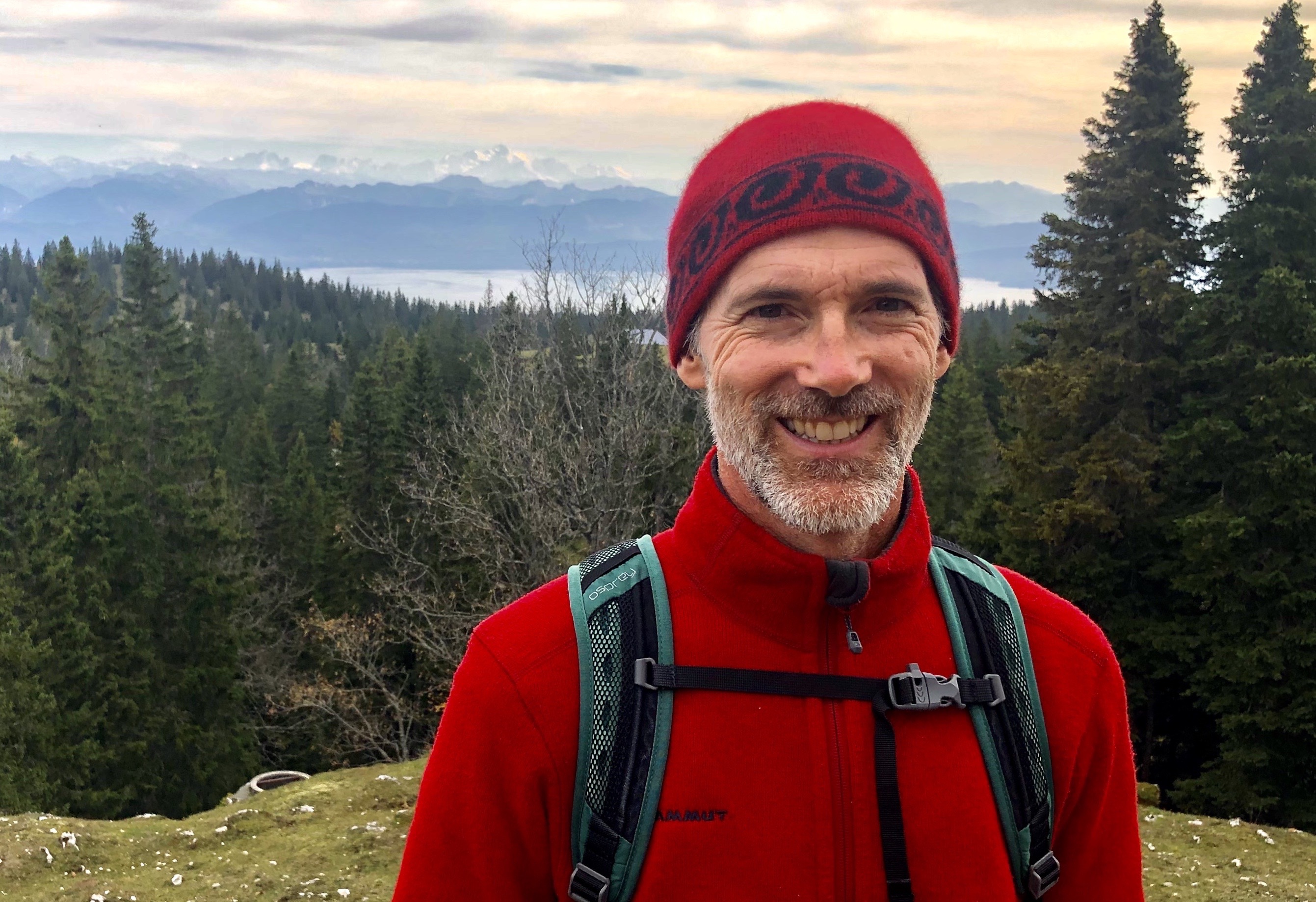Wanting to preserve biodiversity in tropical forest areas without involving the local and indigenous communities that live there is neither fair nor effective, say ecologist Jacques Tassin and geographer Christian Kull. This was the tag line for our recent opinion piece published in the French newspaper Le Monde. Thanks so much to my friend and collaborator Jacques Tassin for involving me in this project. Below, I’ve made an English translation of the article, and also inserted some of the references that inspired us.
English translation of Tropical forests: “Recognition of community land rights is a virtuous bulwark against deforestation”, by Jacques Tassin and Christian Kull, opinion piece published in Le Monde online, March 21, 2023 (International Day of Forests).
Even if they are presumed to be primary, tropical forests are never empty. The tragedy is that, very often, these forests are inhabited by vulnerable people. Overall, more than half of the people living in areas of outstanding biological interest have been marginalised in one way or another.
In a cruel irony, the burden of conserving the vast biodiversity and high carbon stocks of tropical forests falls disproportionately on the world’s poorest people.
Moreover, half of the land area suffers from a lack of recognition of the land rights claimed by local and indigenous communities, so that these are recognised for only 10% of these areas. Efforts to preservebiodiversity in tropical forests often envision areas dissociated from their inhabitants. Such people are usually relegated to a purely participatory role, and not to the role of actor or, to put it another way, co-author of the preservation of tropical forests.
This sidelining is neither fair nor sustainable. It also runs counter to the evidence, as shown by a pantropical study conducted by the University of Sheffield and published in Nature Sustainability in 2022. It shows that equitable alliances between local communities and conservationists are proving to be effective in reducing deforestation.
Such alliances can have the effect of better countering encroachment and dispossession by land grabbers, squatters, extractive industries and drug traffickers, who often cause deadly violence. Conversely, land tenure insecurity may lead communities to use their land in a less sustainable way, due to uncertainty about future access to their forest resources.
In some parts of Latin America, notably Bolivia, Brazil and Colombia, where community movements have been at the origin of constitutional reforms affirming the recognition of their knowledge and rights, deforestation has been significantly reduced when this has been desired on a national scale (like under Lula as opposed to Bolsonaro). In Africa and Asia, where such recognition is still in its infancy, and where land acquisitions are taking place over vast territories under the impetus of national or foreign investors, the stakes remain just as high.
It is therefore important to prioritise conservation actions that promote the legal recognition and protection of the land rights claimed by the people living in tropical forests, and to stabilise them under the rule of law. Simple declarations of recognition of community land rights – as opposed to formal, legal rights – have, on the contrary, invariably had no effect on the rate of deforestation.
Presenting forest populations as actors in the safeguarding of tropical forests is not the result of some Western romanticism but of a simple observation of the facts. The know-how and knowledge of these populations, whether it is a question of regulating timber harvesting, managing wildlife or preventing unwanted and potentially devastating fires, are never better mobilised than in a situation of land security and recognition of local knowledge.
Experimental studies on fire behaviour in Venezuela show that preventive mosaic burning by local people reduces the occurrence of dangerous fires, and also increases the heterogeneity of the vegetation and thus the level of biodiversity.
It is therefore important that the efforts of forest people and communities to conserve biodiversity are taken more into account in national and international conservation plans. In short, it is a question of securing community rights to tropical forests.
In tropical forests, the area of which has decreased by 220 million hectares since 1990, the recognition and stabilisation of community rights, particularly land rights, are now seen as virtuous bulwarks against deforestation and, consequently, against climate change. However, this must be recognised and promoted in a world where inequity and market freedoms have the ultimate effect of destroying the forests.
When Albert Camus received the Nobel Prize for Literature in Stockholm in 1957, he said: “Our task is to prevent the world from falling apart”. At the time, however, there was not even talk of the Anthropocene and global environmental change. Much further south, forest peoples and communities can make a major contribution to the preservation of our world. If they are given the opportunity to do so.
Sources that inspired us:
Benzeev, R, S Zhang, MA Rauber, EA Vance & P Newton (2023) Formalizing tenure of Indigenous lands improved forest outcomes in the Atlantic Forest of Brazil. PNAS Nexus 2 (1):pgac287.
Devine, JA, D Wrathall, N Currit, B Tellman & YR Langarica (2020) Narco-cattle ranching in political forests. Antipode 52 (4):1018-1038.
Mistry, J, BA Bilbao & A Berardi (2016) Community owned solutions for fire management in tropical ecosystems: case studies from Indigenous communities of South America. Philos Trans R Soc Lond B Biol Sci 371 (1696).
Sze, JS., L Roman Carrasco, D Childs & DP Edwards (2021) Reduced deforestation and degradation in Indigenous Lands pan-tropically. Nature Sustainability 5 (2):123-130.
